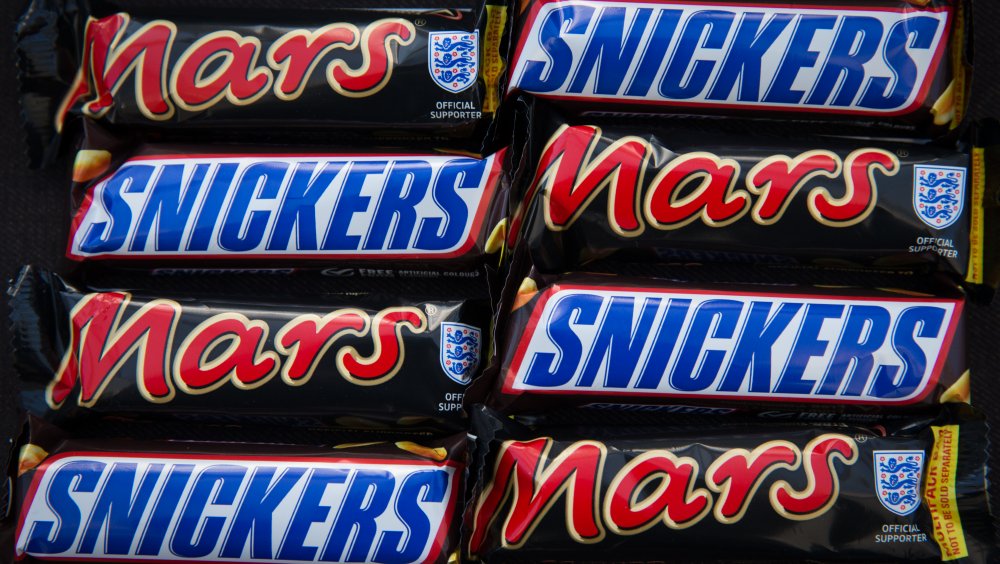The Truth About The Supposed Health Benefits Of Dark Chocolate
Finally, you have a slew of reasons to stop feeling guilty. In the past few years, stories and studies have applauded the health benefits of dark chocolate. But the truth is, you should take any sort of research with a grain of salt. That's because the health benefits of dark chocolate are not as clear-cut as you might think. An investigation by Vox revealed that the Mars company — a.k.a. the owners of M&M's, Dove, and Twix — has funded hundreds of studies designed to highlight the assets of cocoa. Nestlé and Hershey's have chosen a similar route.
The studies, conducted at various universities worldwide, have drawn a barrage of positive conclusions, according to Vox's report. But, can dark chocolate actually decrease the risk of heart disease? Is it actually brain food? Can it make you live longer? Does it make you happy? To all of those questions: Maybe or maybe not.
Should we believe the benefits of chocolate are real?
We're not saying all the research is bad, or even false — some of it, however, could hold a bias. The companies funding some of these studies are not just focused on health. They're also trying to sell you a product. That's what makes Vox's investigation so important. Chocolate companies have made "a conscious decision to invest in science to transform the image of their product from a treat to a health food," according to Marion Nestle (the name is a coincidence), a nutrition researcher at NYU (via Vox).
Here's what isn't disputed: Cocoa contains flavonoids — a healthy, antioxidant often found in fruits and vegetables. Flavonoids can fight the risk of chronic health conditions, according to Healthline. Of course, that doesn't mean chocolate will make you invincible. It's a question of whether chocolate contains enough flavonoids to actually give your immune system a boost. Dark chocolate contains more flavonoids than milk chocolate. That's a start, but there's more research to be done.
"The data to suggest there is enough to have a health effect is thin at this point," according to Alice H. Lichtenstein, a nutrition science professor at Tufts University (via the American Heart Association). Lichtenstein also said it's not super likely that there's enough flavonoids in "commercially available" dark chocolate to affect your body. According to The Washington Post, you'd have to eat so much dark chocolate to consume enough flavanols (a type of flavanoid), that you'd be eating too much fat for it to matter.
Here's the bright side
That doesn't mean you should toss away your dark chocolate (never do that). While we don't know whether chocolate can keep your heart healthy, we do know that it can boost your mood. That's right: Dark chocolate — and cocoa in general — can increase the levels of serotonin in your brain. A study in the Journal of Psychopharmacology analyzed 72 people and their mental health patterns over a month. Great news: The participants who drank dark chocolate daily felt happier.
"Almost every single antidepressant aims at either enhancing serotonin or keeping it in the brain longer. Chocolate or cocoa does that very well," says Chris Kilham, an ethnobotanist who studies plant-based medicine. It's one in a long list of food that can nurture your mental health, along with bananas, blueberries, and turmeric (via CNN).


